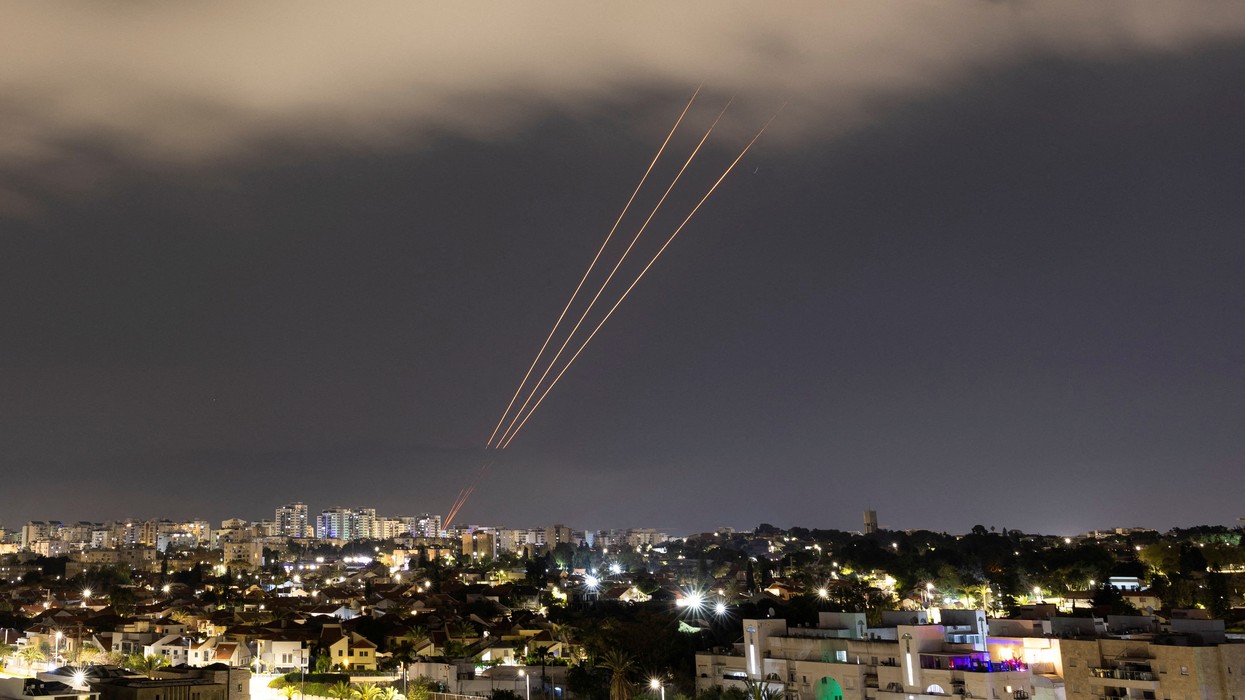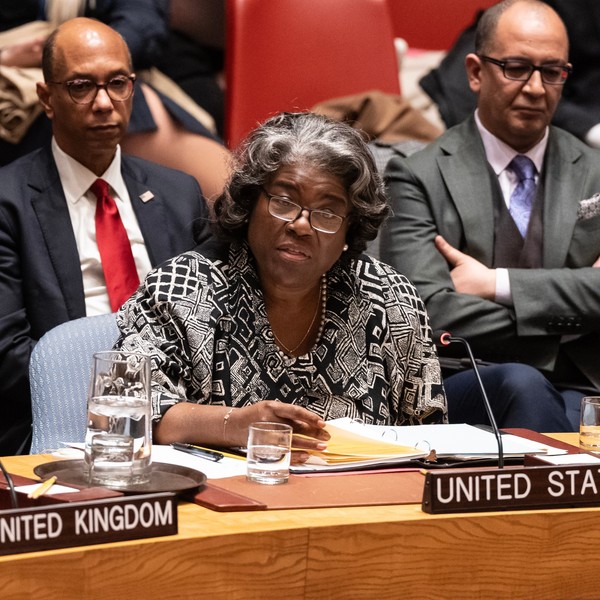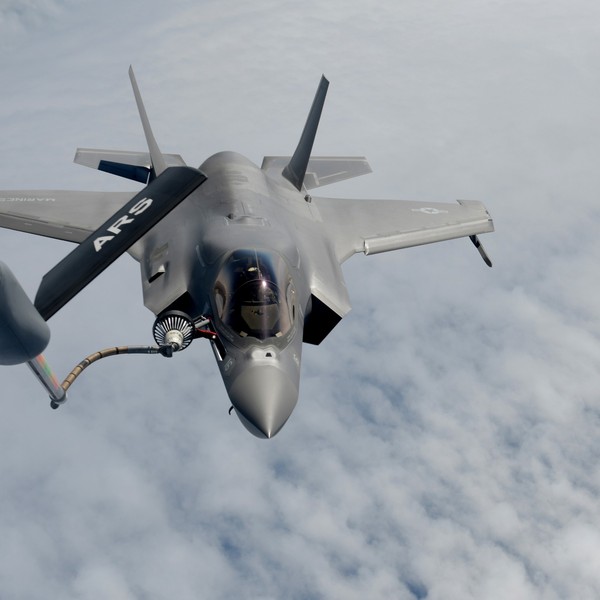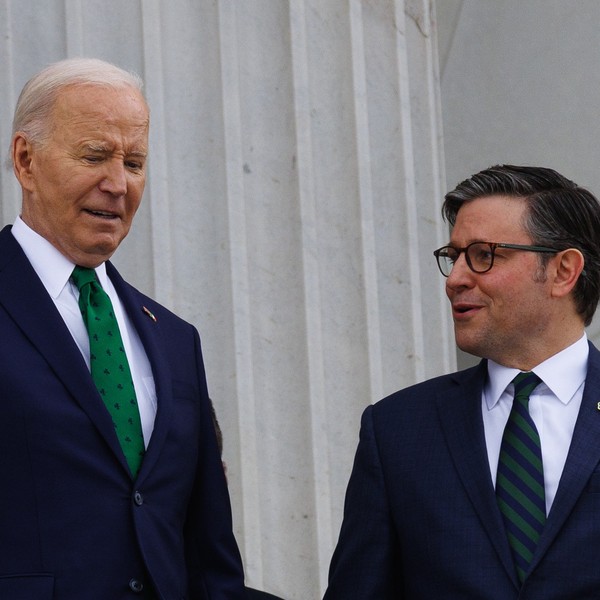A hawkish group that focuses exclusively on derailing the Iran nuclear deal and pushing the United States toward war with Tehran is refusing to release questions it asked in a recently released poll it conducted that claims to have found “overwhelming opposition” to the JCPOA.
United Against Nuclear Iran announced the results of its poll in a press release last week, which also claims to show that “a majority of voters, including more than two-thirds of Democrats (67 percent), are more likely to support a candidate for the U.S. Senate that favors a longer and more comprehensive agreement than what is presently under consideration by the Biden administration.”
The results of the UANI poll are odd, given that polling on the Iran nuclear deal, since it was agreed to in 2015, has consistently shown that Americans favor the JCPOA, support a U.S. return to the agreement, and that members of Congress who support the accord are unlikely to face political ramifications.
Most people don’t know a lot about the Iran nuclear deal, so it’s easy to present questions about it with misleading or false information to produce a desired result. That’s why Responsible Statecraft asked both UANI and Moore Information Group, the organization that conducted the poll, for the questions it asked the survey’s respondents. But neither group responded to our inquiries.
Indeed, the UANI press release offers some clues as to just how misleading its questions were. Among the poll’s purported “key findings,” only 11 percent of respondents purportedly “support lifting economic sanctions as part of a deal that temporarily restricts Iran’s nuclear program.” (emphasis added)
The problem, of course, with that particular framing is that the deal that’s currently on the table will permanently, not just temporarily, restrict Iran’s nuclear program. That the accord expires at some point in the near future is a favored talking point of Iran deal opponents, but it’s completely made up. Moreover, who wouldn’t oppose a deal that only temporarily limits Iran’s nuclear program? It’s a framing designed to generate a result that UANI needs for its political aims.
Another red flag in the press release is the UANI poll’s finding that “76 percent oppose any agreement with a nuclear Iran.” Aside from the ambiguity of what is meant by “a nuclear Iran,” that result contradicts the poll’s separate finding mentioned above that a majority of voters would be more likely to support a senate candidate “that favors a longer and more comprehensive agreement.” In other words, why would someone who opposes any agreement then turn around and support a candidate for office who favors a better version of the deal that’s currently on the table?
And again, this particular result — that a whopping three-quarters of American voters oppose any deal with Iran — completely contradicts the consistent findings of independent polling on this issue.
“Opponents of diplomacy armed with UANI talking points spent tens of millions of dollars trying to convince Democratic members of Congress that there would be a political cost to supporting the deal,” J Street Senior Vice President Dylan Williams told Responsible Statecraft. “In the end, not one lawmaker who backed the deal lost their seat to someone who opposed it in the 2016 election the year following the vote in Congress. The deal is not only sound policy, it's smart politics in an American electorate with little appetite for more costly wars of choice."
It’s not surprising that UANI won’t share the poll’s questions and methodology because it probably knows they won’t stand up to even a modicum of scrutiny. Indeed, Iran hawks’ goal is war and regime change, and the only arguments they have left to support that outcome are based on lies and vacuous talking points.
Perhaps that’s also why UANI was “unable to approve” this reporter’s request for press credentials to cover its upcoming “summit” in person: the foundation of Iran hawks’ entire enterprise will fall apart in the face of fact-based questioning.















